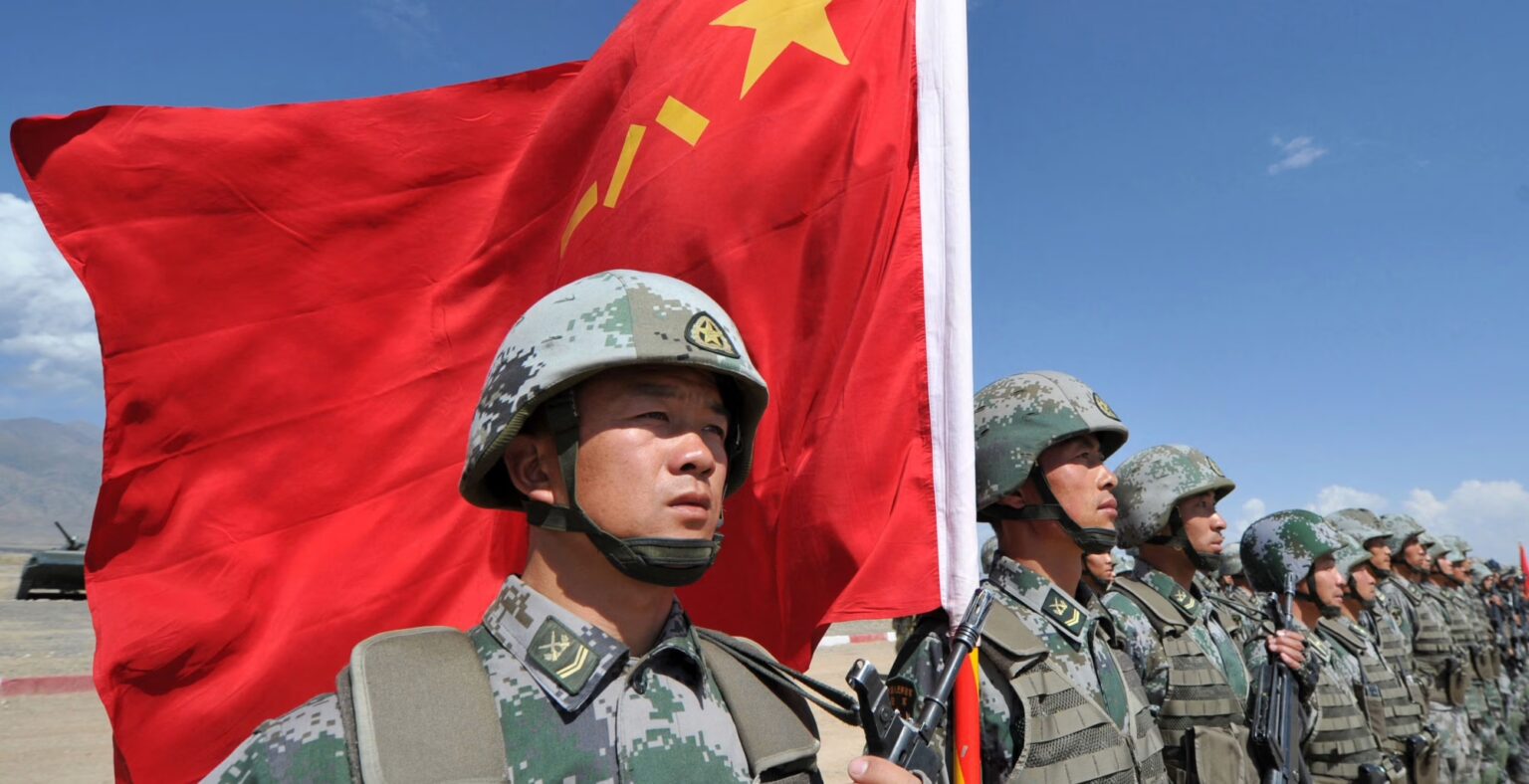In a wide-ranging interview on the Shawn Ryan Podcast, Palantir Technologies CTO Shyam Sankar issued a stark warning: the U.S. is in a daily, aggressive competition with China — whether the public realizes it or not.
From manufacturing and pharmaceuticals to land purchases and geopolitical deception, Sankar paints a picture of a slow-moving but high-stakes confrontation with serious national security implications.
The “Reverse Opium War”
Host Shawn Ryan opened the conversation by expressing concern over China’s deep entanglement in America’s supply chains — and its indirect role in drug trafficking routes through Mexico. Sankar responded bluntly: “Very worried,” he said.
He called the flow of dangerous drugs into the U.S. a “Reverse Opium War,” a phrase he’s coined to describe how China, whether by neglect or intent, is enabling a modern form of social warfare through narcotics. The historical irony is not lost: China, once a victim of opium infiltration by Western powers, is now in a reversed role—indirectly fueling America’s drug crisis.
China’s Propaganda Strategy: “You’re Not Competing”
Sankar emphasized that the American public doesn’t yet fully grasp the threat posed by the Chinese Communist Party (CCP), even though the U.S. national security establishment is acutely aware.
“We don’t have clarity of the threat among the American people,” he said.
He pointed to a cultural shift, suggesting that modern American media has distanced itself from identifying adversaries in the way it did during the Cold War era.
“What was the last movie you saw that showed America as the good guy and the CCP as the bad guy?” Sankar asked, drawing a contrast to a time when pop culture reflected global ideological battles.
According to Sankar, China’s messaging—whether by state propaganda or inferred from diplomatic posturing—takes two contradictory forms:
-
“We’re too weak to be a threat.”
-
“We’ve already won.”
Despite their contradiction, both narratives serve the same purpose: to convince the U.S. that there’s no need to compete.
The Wake-Up Call We Can’t Afford to Ignore
Sankar points to China’s militarization of the Spratly Islands as a moment when American trust was met with deception. China had assured the U.S. that no military buildup would occur—yet did exactly that.
“This is where I think their miscalculation comes in,” Sankar explained, referencing America’s tendency to trust and seek peace. But that goodwill can wear thin.
“As one admiral once told me,” he added, “the American OODA loop comes out: Observe, Overreact, Destroy, Apologize.”
What If China Cuts Us Off?
Ryan pushed further, asking what would happen if China simply pulled the plug on our supply chains.
Sankar’s response was unequivocal:
“Right now, it would be very bad.”
From electronics to rare earth minerals and pharmaceuticals, U.S. dependency on Chinese production is enormous. A sudden disruption would cripple key industries and expose critical vulnerabilities in national infrastructure and defense readiness.
Deterrence Over Conflict
Despite the gravity of his words, Sankar emphasized a core hope: to keep this confrontation economic rather than military.
“Let’s do everything we can to make sure it remains only an economic competition,” he urged, highlighting the importance of investing in deterrence now before miscalculations escalate further.
Final Thoughts
Sankar’s message is clear: America must rediscover its sense of competition—not just in the defense sector, but across media, culture, and public awareness.
Ignoring the challenge won’t make it disappear. If anything, it plays into Beijing’s playbook.
The U.S. is already in the game. The only question is whether we realize it in time.

